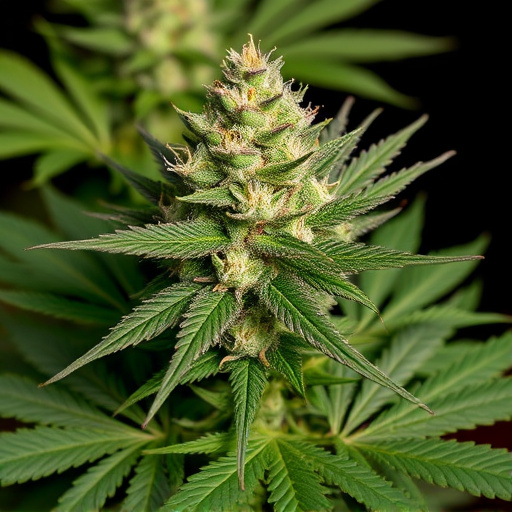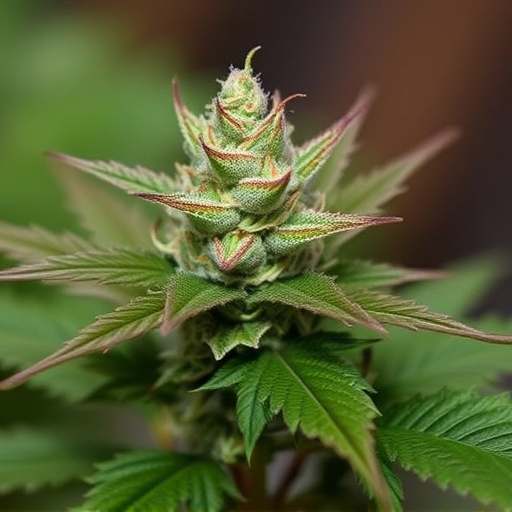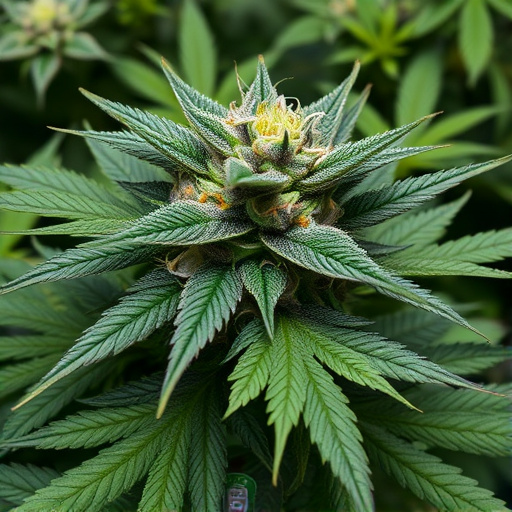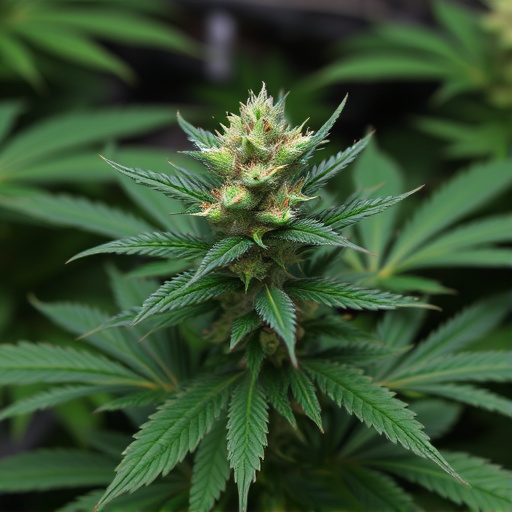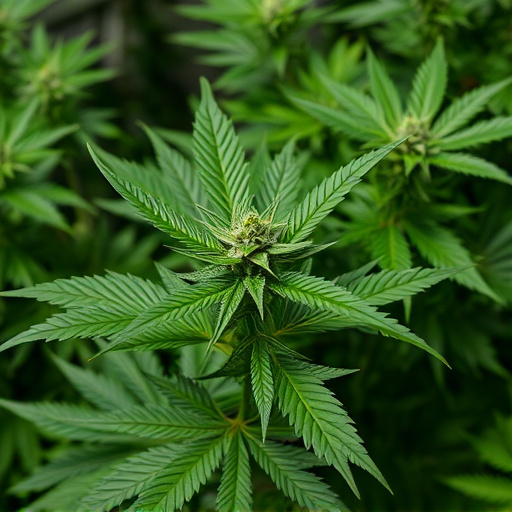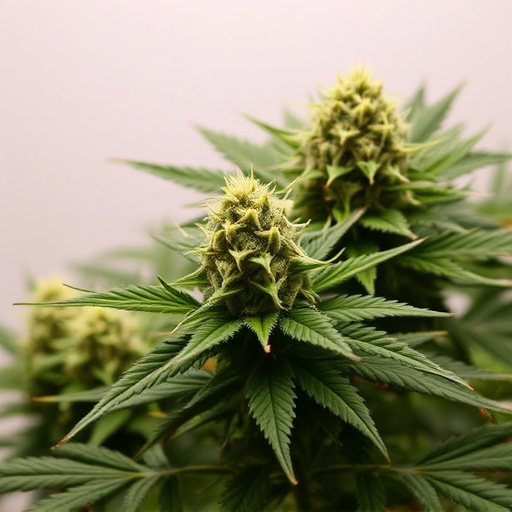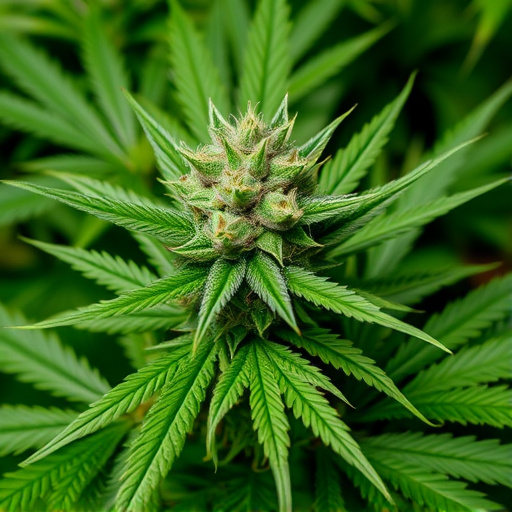Medical marihuana strains with high THC concentrations (up to 30%) offer significant therapeutic advantages, including pain relief, appetite stimulation, and anxiety reduction for specific conditions. However, individual responses differ widely due to varying tolerances, mental health, and strain composition. Short-term effects include heightened senses, dry mouth, red eyes, and coordination problems; long-term use may lead to respiratory issues, cognitive impairment, and memory loss, especially in adolescents building a tolerance. Responsible usage, personalized dosing, and awareness of potential mental impacts are crucial for safely leveraging the benefits of high-THC medical marihuana strains.
“Unraveling the complex relationship between high-THC (tetrahydrocannabinol) strains of medical marihuana and the human body is a fascinating journey. This article delves into the intricate science behind these potent strains, exploring their diverse effects on both mind and body. From understanding the unique properties that make high-THC strains popular among medical users to examining their physical manifestations and mental impacts, we offer an in-depth analysis. Discover how these strains navigate the body’s endocannabinoid system, providing insights into their therapeutic potential while shedding light on potential considerations.”
- Understanding High-THC Strains: The Science Behind the Potency
- Body and Physical Effects of High-THC Consumption
- Mental and Emotional Impacts: A Deep Dive into the Mind's Response
Understanding High-THC Strains: The Science Behind the Potency
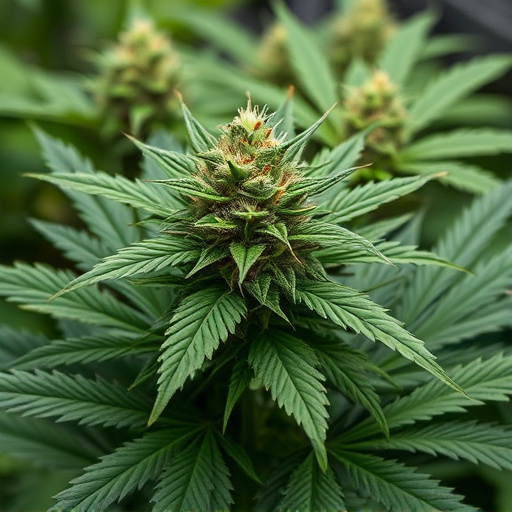
High-THC strains, often sought after for their potent effects, are a product of both genetic engineering and environmental factors. The active compound in cannabis, tetrahydrocannabinol (THC), comes in various concentrations depending on the strain. Modern cultivation techniques allow for the development of medical marihuana strains with incredibly high THC levels, sometimes exceeding 30%. This potency is not just about a stronger high; it’s the result of complex interactions between different cannabinoid profiles and terpene compounds unique to each strain.
Scientific research into these high-THC strains reveals their potential therapeutic benefits. Higher concentrations of THC can increase pain relief, appetite stimulation, and anxiety reduction in patients with specific medical conditions. However, it’s crucial to understand that individual responses to cannabis vary greatly due to factors like tolerance, metabolism, and the specific needs of each patient. As such, the science behind high-THC strains also emphasizes responsible use and personalized dosing for optimal benefits and minimal risks.
Body and Physical Effects of High-THC Consumption
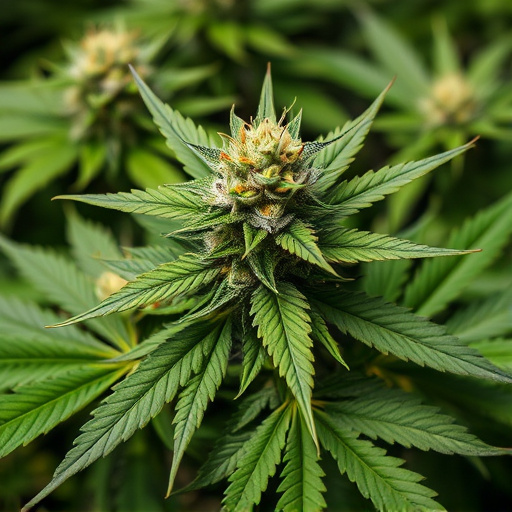
Consuming high-THC strains, often found in medical marihuana, can have significant physical effects on the body. The most notable impact is on the central nervous system, leading to a range of sensations from euphoria and heightened senses to increased heart rate and blood pressure. This stimulation can cause both relaxation and energy, depending on individual tolerances. Short-term physical effects may also include dry mouth, red eyes, and coordination issues, making simple tasks more challenging. These symptoms are often referred to as the “high” associated with cannabis consumption.
Longer-term use of high-THC medical marihuana strains could result in more substantial physical consequences. Regular consumption has been linked to potential respiratory issues due to the inhalation of smoke or vapor, and it may also impact memory and cognitive functions, especially in adolescents whose brains are still developing. Additionally, building a tolerance to THC can lead users to require higher doses to achieve the same effects, potentially increasing health risks associated with prolonged use.
Mental and Emotional Impacts: A Deep Dive into the Mind's Response

The mental and emotional impacts of high-THC strains are a complex web that scientists continue to unravel. THC, the primary psychoactive compound in medical marihuana strains, interacts with the body’s endocannabinoid system (ECS), which plays a significant role in regulating mood, memory, and perception. This interaction can lead to a range of effects, both positive and negative. Users often report heightened sensory experiences, increased creativity, and a sense of relaxation or euphoria. Some find it helpful for managing stress, anxiety, and even chronic pain.
However, high doses or frequent use can trigger adverse reactions, such as paranoia, anxiety attacks, or disorientation. The mind’s response to THC is highly individual, influenced by factors like personal tolerance, overall mental health, and the specific chemical profile of the medical marihuana strain. Understanding these impacts is crucial for responsible use and ensuring a positive, safe experience, especially for those using medical marihuana strains for therapeutic purposes.
High-THC strains, often sought after for their potent effects, have profound impacts on both the body and mind. As we’ve explored through understanding the science behind these strains, examining physical symptoms, and delving into mental responses, it’s clear that medical marihuana strains with elevated THC levels can offer therapeutic benefits but also require careful consideration. The physical and mental effects discussed highlight the importance of responsible use and individualized approaches when utilizing high-THC medical marihuana strains for their intended purposes.

